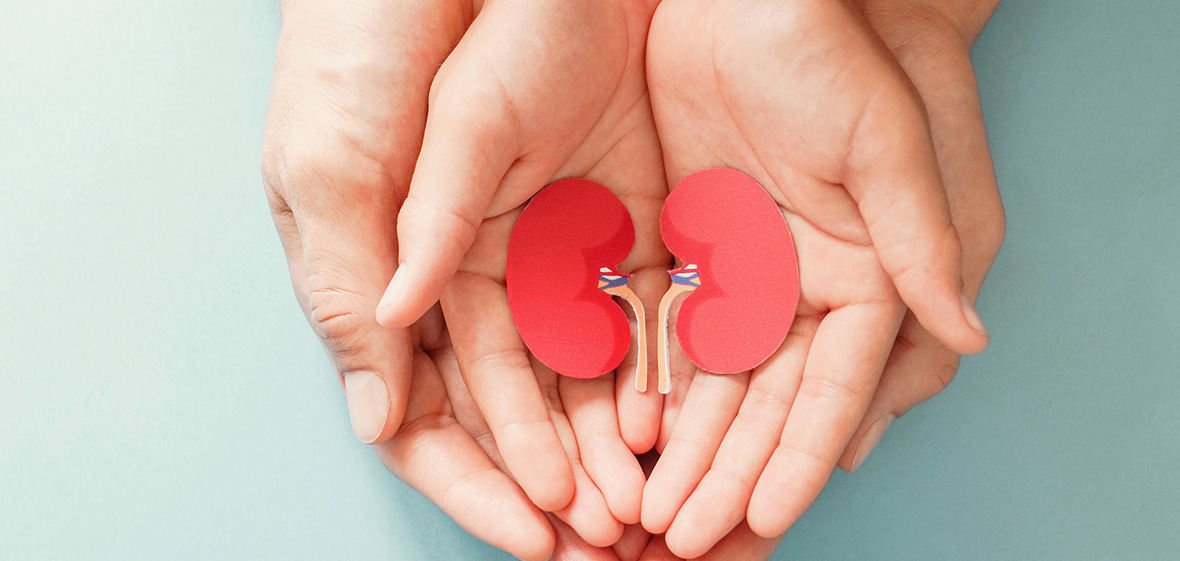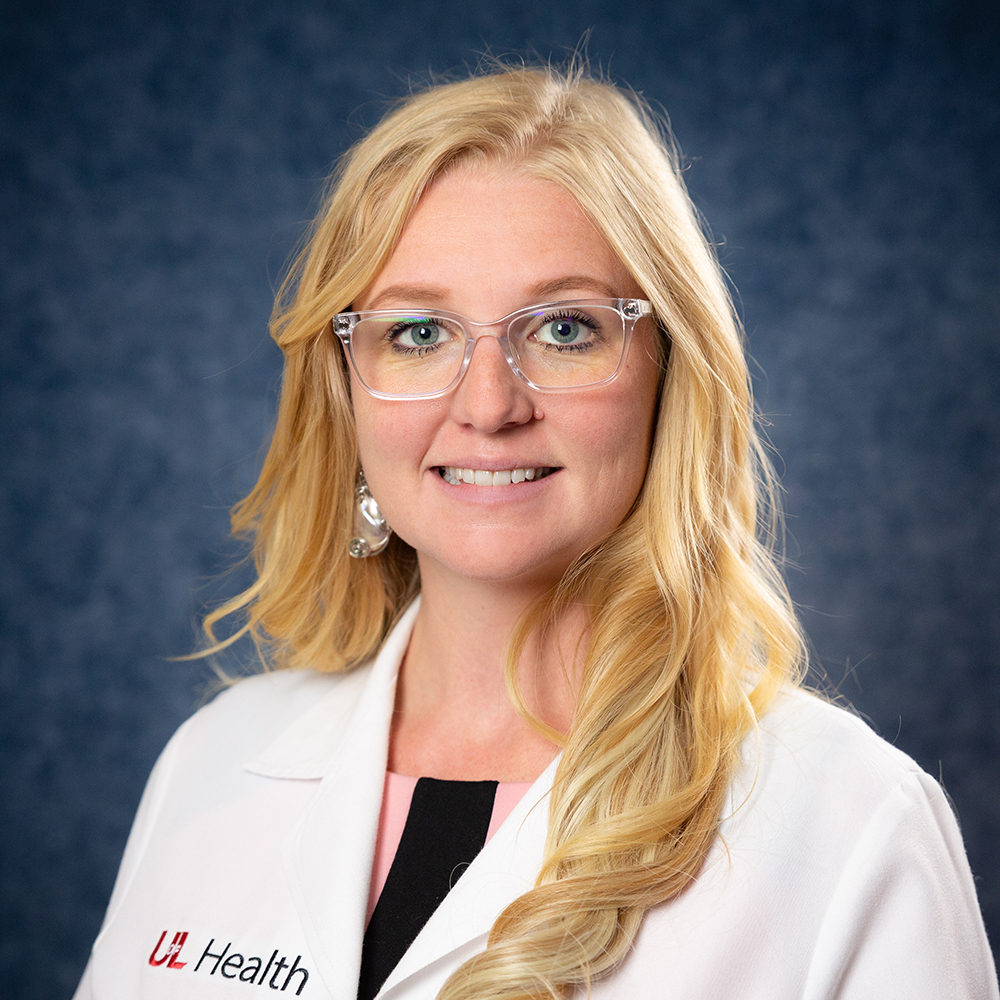
About 6,500 living organ donations occur each year, according to the Health Resources & Services Administration. Living organ donation allows the donor to choose who will receive their organ, whether it’s a friend, relative or stranger. Many living donors lead normal lives after their organ donation with no negative health consequences.
Living organ donors can be a recipient’s parent, spouse, friend or coworker, or even someone the recipient does not know. Kidney donation is the most common type of living organ donation, but you can also donate a piece of your liver and certain tissues and organs.
Eligibility Guidelines
General guidelines for being a living donor include:
- 18 or older
- Have good mental and physical health
- Be aware of the benefits and risks of living organ donation to make an informed choice that living organ donation is the right choice for you
At UofL Health, you can qualify to become a living kidney donor if you are 18-74 years of age and have:
- Normal cardiovascular risk for anesthesia
- No active or recent cancer
- Normal kidney function
- Motivation to donate without being coerced or wanting monetary gain
Disqualifying Factors
Certain medical concerns will disqualify someone from becoming a living donor. These concerns include:
- Lupus
- High blood pressure requiring more than one medication
- Non-reversible heart disease
- Abnormal kidney function
- HIV
- Body mass index greater than 38
- Type I or type II diabetes
- Multiple or recurrent kidney stones
- Significant psychosocial instability or psychiatric disorders that may interfere with or prevent compliance
The final candidacy of each donor is determined after reviewing the evaluation by the Living Donor Selection Committee.
If tests show you are not a match with the kidney transplant recipient, you may be able to participate in kidney paired donation, which allows multiple donor/recipient pairs that are not compatible to switch donors.
Living Donor Evaluation
To ensure every donor is prepared physically and emotionally for their donation, patient education and evaluation is coordinated for all living donor candidates while maintaining confidentiality with a separation of donor and recipient teams.
The living kidney donor evaluation process uses a team made up of health care professionals from various specialty areas. This multidisciplinary approach ensures each living donor candidate receives specialized, high-quality care when being assessed as a potential living donor.
At UofL Health, the living kidney donor evaluation consists of:
- Initial phone interview and medical history questionnaire
- Review of medical records
- Education class
- Medical testing and diagnostic procedures:
- Lab work from blood, including testing for compatibility with the recipient
- Lab work from urine, including testing of kidney function
- CT scan of the abdomen and pelvis to look at the structure of the kidneys and other internal organs
- Electrocardiogram to check for electrical problems in the heart
- Chest X-ray to look at the structures in and around the chest
- Appointments with:
- Surgeon
- Nephrologist (kidney specialist)
- Social worker
- Psychologist
- Pharmacist
- Dietician
- Independent living donor advocate
All living donor candidates are also required to remain current with normal health maintenance screenings as indicated by the American Cancer Society.
The costs associated with the testing and appointments included in living donor evaluation are covered by the transplant center. In addition, resources to help assist with lost wage reimbursement, travel and lodging, and dependent care cost may be available.
At UofL Health – Trager Transplant Center, more patients leave our center every year with a renewed lease on life than any other program in the region. One of the leading providers of advanced organ disease and transplantation care in the country, we make it our mission to improve and save lives. To learn more about becoming a living donor, call 502-587-4358 and select option 5.









